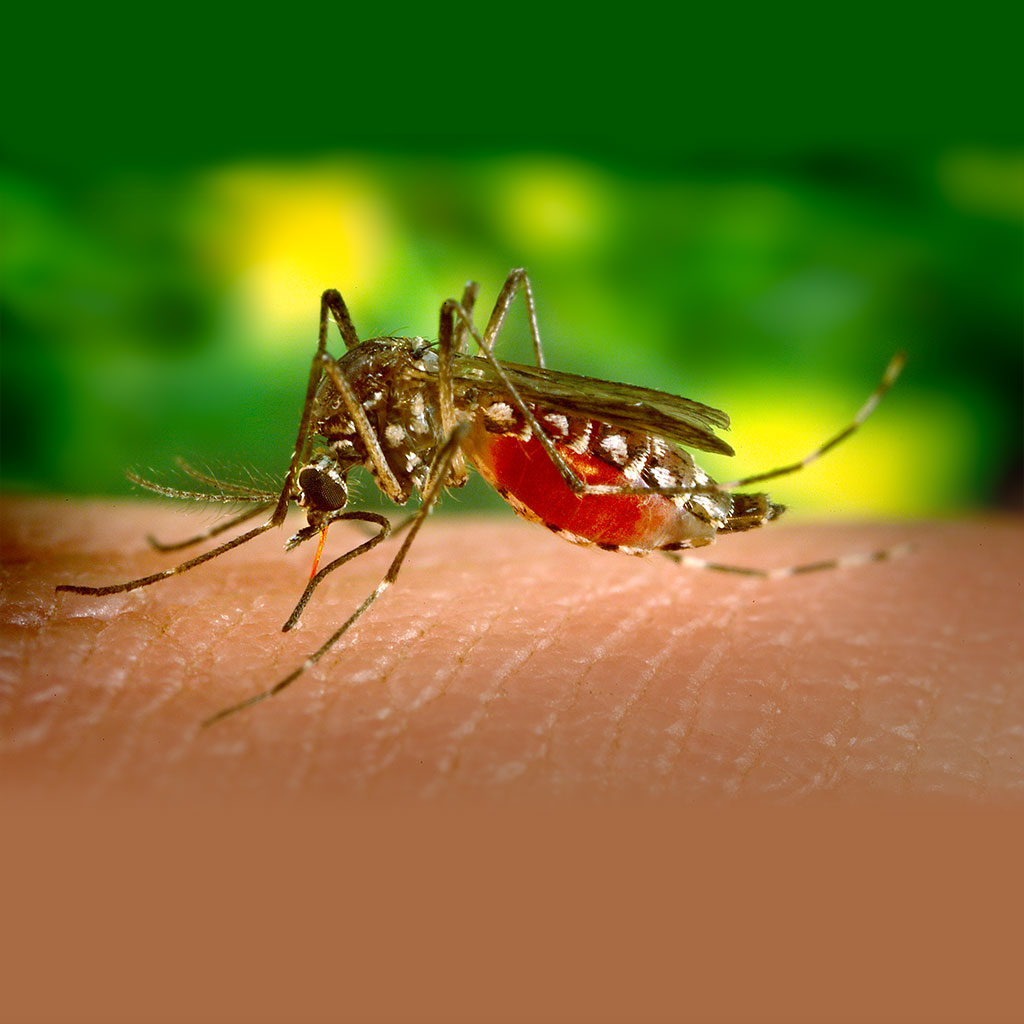The following is a media release from the Governor’s office submitted to SOURCE media.
***
BOSTON – Massachusetts Governor Charlie Baker today, April 16, filed legislation to help the Commonwealth more effectively combat diseases transmitted by mosquitoes, including arboviruses like Eastern Equine Encephalitis (EEE) and West Nile Virus (WNV), by authorizing a coordinated, proactive, statewide approach to mosquito control activities.
The legislation, An Act to Mitigate Arbovirus in the Commonwealth, would empower the State Reclamation and Mosquito Control Board to engage in mosquito control activities across the Commonwealth, including in areas where there is no legislative authority to take action today, should the Department of Public Health (DPH) determine that an elevated risk of mosquito-borne diseases exists.
[broadstreet zone=”51611″]
“After experiencing an unprecedented outbreak of EEE last summer, it’s critical that we act proactively to mitigate the risk of EEE through a coordinated and data-driven approach,” said Governor Charlie Baker. “This legislation puts the Commonwealth in a better position to prepare for and respond to the threat of mosquito-borne illnesses, and allows public health experts to work together to safeguard the health and well-being of residents in every city and town across the Commonwealth.”
“Addressing a public health risk like EEE will require smart, coordinated action across all regions of the Commonwealth,” said Lieutenant Governor Karyn Polito. “Public health officials and the State Mosquito Control Board will need the ability to respond quickly to another potential outbreak in the coming months, and this legislation empowers them to take necessary actions to mitigate the risk to the public.”
[broadstreet zone=”59982″]
Many cities and towns have access to critical surveillance as part of their membership in a mosquito control district. However, many municipalities at risk do not belong to a district, which significantly limits the amount of data available on the presence of the disease on which to base risk assessments and mitigation activities. The legislation will allow for the kind of statewide coordinated efforts that are necessary to combat arboviruses like EEE and the mosquitoes that carry it, and help to ensure that proactive steps are taken, before diseases spread.
The State Reclamation and Mosquito Control Board (SRB) is the oversight body for all mosquito control operations in the Commonwealth, including the mosquito control districts and projects, but currently has no authority to independently conduct mosquito control activities in non-member communities that are not part of a mosquito control district. This new legislation would allow the SRB to respond to the potential for arbovirus and work with DPH and the Governor’s office to ensure appropriate steps are taken based upon the data and scientific information available.
[broadstreet zone=”59983″]
“Past experience with EEE indicates the disease emerges in three-year cycles, and the Commonwealth is preparing for a potential outbreak this summer after last year’s unprecedented spike in cases,” said Energy and Environmental Affairs Secretary Kathleen Theoharides. “The public health risk presented by EEE calls for early planning, deliberate action and a statewide approach.”
“My district was deeply impacted by last year’s EEE outbreak, and so I know all too well the need to proactively prepare for this coming season,” said Senate President Karen E. Spilka. “I have stated from the outset that I believe we need a comprehensive, coordinated, and systematic approach to tackling EEE and we must ensure that approach covers all corners of the Commonwealth. Protecting the health and safety of all our residents is my top priority and I am thankful to the Administration for prioritizing this issue as well.”
[broadstreet zone=”59984″]
In Massachusetts, mosquitoes can transmit a variety of diseases to humans, including EEE and WNV. EEE is a rare but serious and potentially fatal disease that can affect people of all ages. 2019 saw an outbreak of the disease in the Commonwealth, with 12 human cases and four deaths. For those that contract EEE, mortality rates range up to 50 percent and, for those who survive, 80 percent have serious, permanent neurological damage. WNV can cause illness ranging from a mild fever to more serious disease like encephalitis or meningitis.
“We have been actively planning for the upcoming EEE season since last Fall,” said DPH Commissioner Dr. Monica Bharel. “Our goal is to increase EEE surveillance while also continuing to emphasize prevention of mosquito-borne illness.”
[broadstreet zone=”58610″]
“With warmer weather, an additional public health risk that emerges is mosquito-borne diseases, including EEE,” said Health and Human Services Deputy Secretary Dan Tsai. “While we are preparing with our state and local partners to combat this disease, it’s also important that Massachusetts residents remember that the best thing you can do to protect yourself and your loved ones is to practice personal protection.”
“Due to the risk EEE presents to residents across Massachusetts, a coordinated response to mosquito control will be critical to our ability to reduce the population of mosquitos that can transmit the EEE virus to humans,” said SRB Chair and Massachusetts Department of Agricultural Resources Commissioner John Lebeaux. “As many cities and towns in the Commonwealth do not have mosquito control projects of their own, it is essential that public health officials have the authority to take action when and where EEE presents a threat to public health.”
Click here to read today’s legislation.


